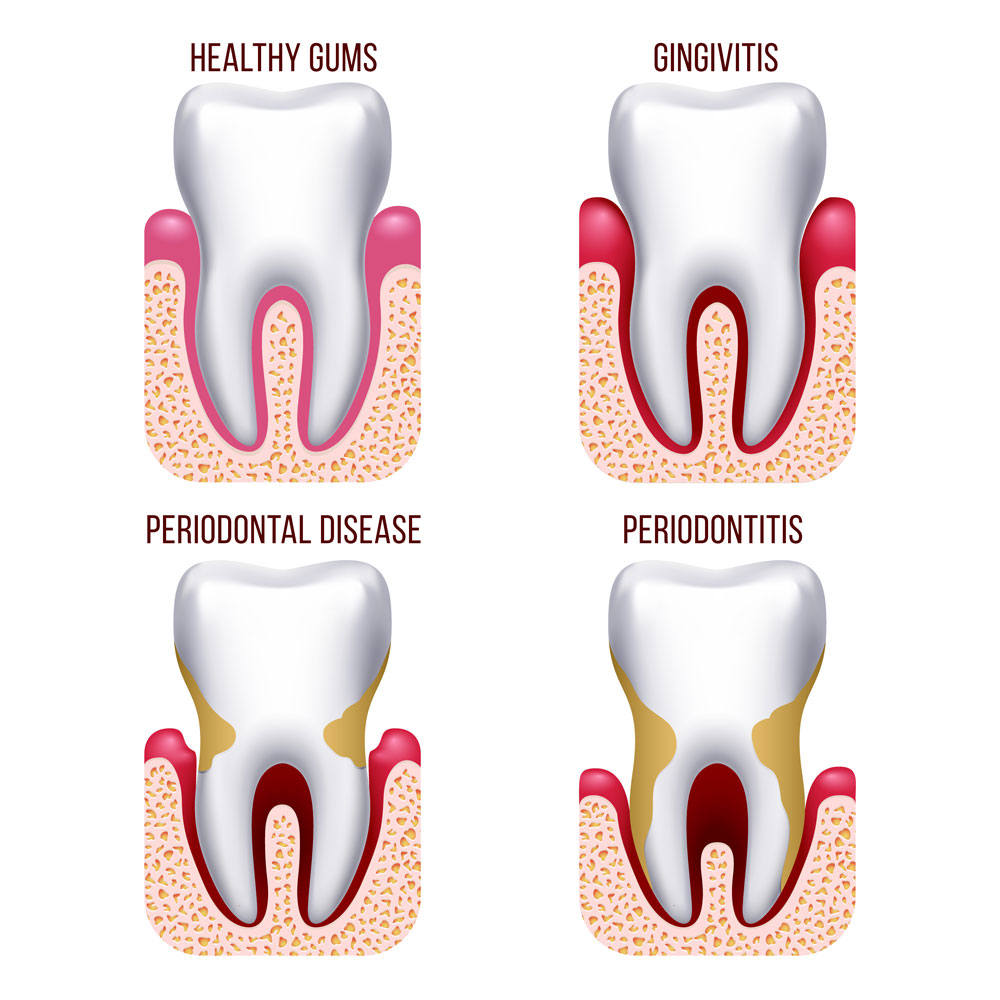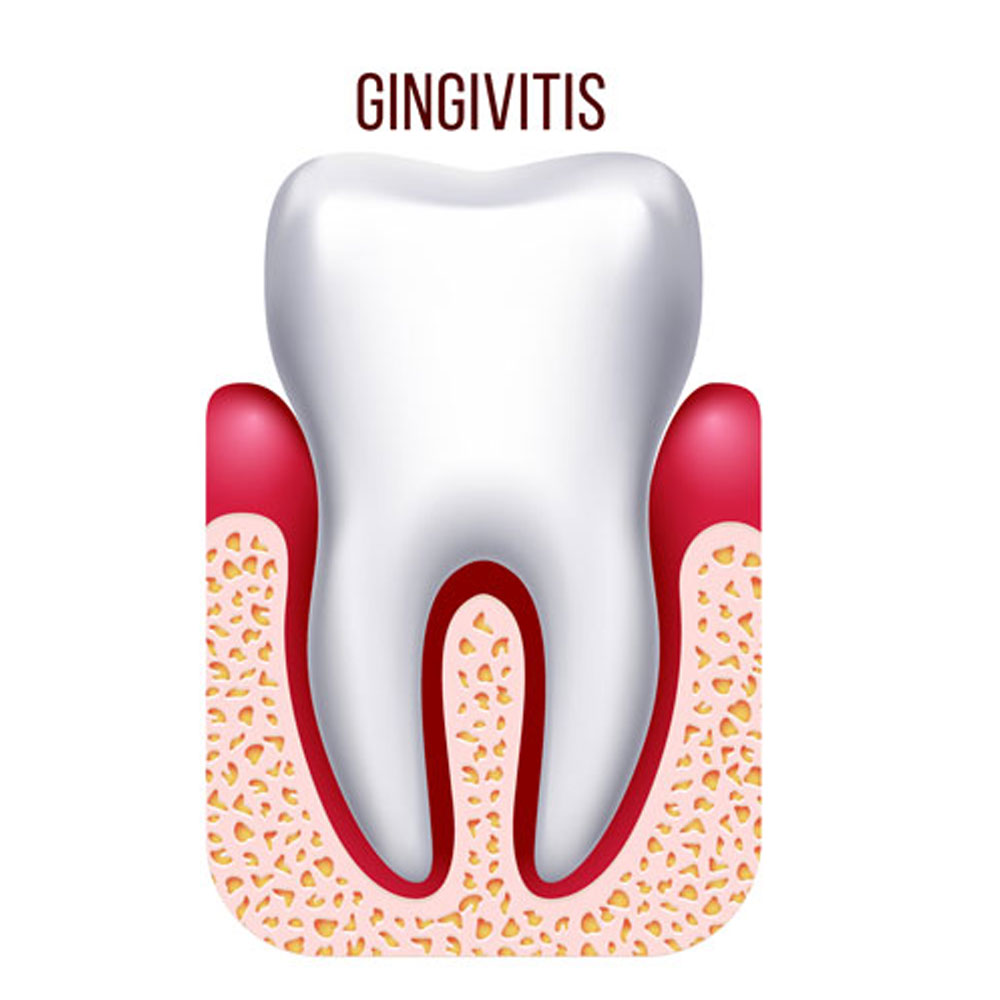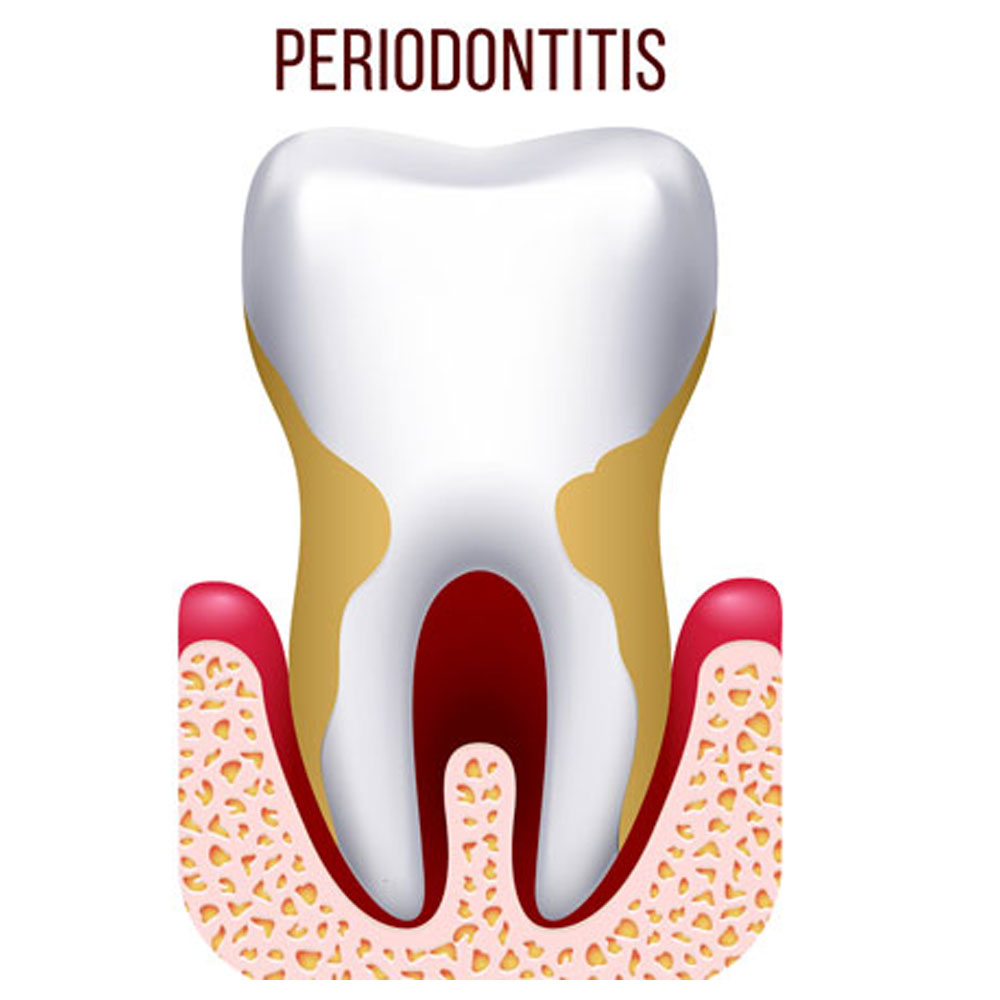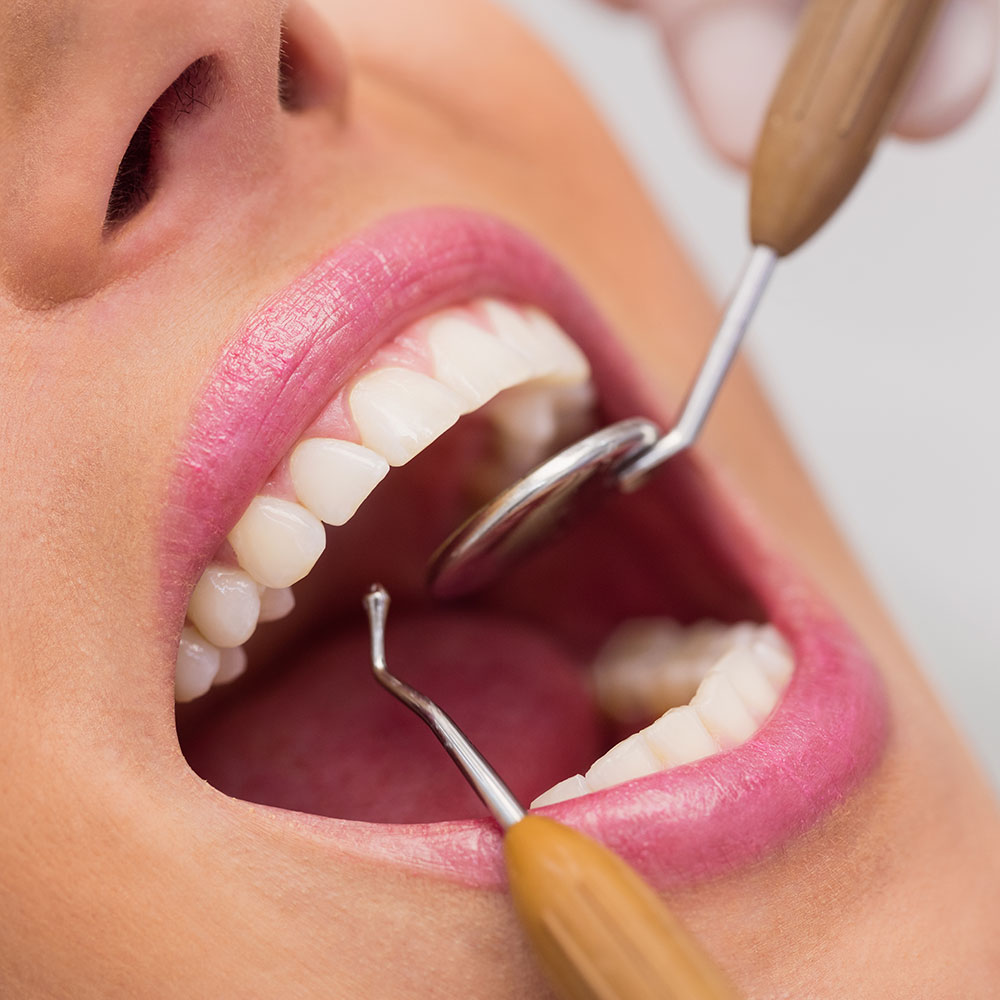
What causes bleeding gums?
Do you see spots of blood when you brush your teeth in the morning or when you take a bite of an apple? Bleeding gums during routine oral hygiene procedures or without any apparent cause can be a sign of gum diseases, but it can also point towards other complex medical conditions. Whatever may be the reason for gum issues, its presence necessitates a visit to our clinic in London and consult from a periodontist.

Why do gums bleed?
Occasional bleeding from the gums can be attributed to something as minor as brushing your teeth too harshly or flossing. Routine dental procedures like scaling can also cause some bleeding from the gums. Bleeding through the gums can also be caused due to ill-fitting dentures, which cause repeated trauma to the gums and leads to discomfort.
However, certain inflammatory diseases of the gums can also cause this issue. If you experience chronic bleeding during brushing or while eating, it is a sign that you need to consult a periodontist. Use the form below to book an appointment with our specialists to identify the cause and consider treatment options.
Dental conditions associated with bleeding gums

Gingivitis
Irregular and faulty brushing and flossing habits can lead to plaque build-up. This plaque is a house to disease-causing bacteria. These disease-causing bacteria release toxic substances by metabolising sugars and generate an inflammatory response. This inflammatory response leads to tender, swollen gums and causes gingivitis. Blood from the gums can be a sign that you are suffering from a gum disease known as gingivitis.

Periodontitis
If gingivitis is left untreated, the infection spreads to the bone and starts destroying it. Bone destruction will lead to loose teeth. If you have swollen and tender gums which bleed easily, it might be a sign that you are suffering from a severe dental condition known as periodontitis. If periodontitis is left untreated, you may end up losing all your teeth because of progressive infection.
Systemic conditions and diseases associated with bleeding gums
Vitamin Deficiency
Deficiency of vitamin C and vitamin K has been shown to cause bleeding. It is crucial to diagnose the cause of bleeding gums and get them treated appropriately by a periodontist.
Leukaemia
Swollen, puffy, and bleeding gums can be a sign of blood cancer like leukaemia. It is essential that you identify the cause of bleeding gums and discuss this with your GP.
Pregnancy
Pregnancy gingivitis is exceptionally prevalent and can cause bleeding gums. It is essential to schedule regular visits during your pregnancy to monitor and protect your oral health.
Medications
Certain medications like blood thinners and antidepressants can also lead to bleeding gums as a side effect. Please do mention any medication you’re on when visiting our clinic.
Blood Disorders
Thrombocytopenia and haemophilia can lead to chronic bleeding gums that won’t stop as your body’s blood clotting mechanism is impaired.
Diabetes
Years of studies and researches have shown a direct link between diabetes and periodontitis. Swollen and bleeding gums can be a sign of type 1 or type 2 diabetes. High blood sugar levels make it harder for your body to heal and worsens if not diagnosed and treated.
Heart Conditions
High blood pressure, atherosclerosis, and plaque formation in your arteries directly associate with gum diseases like periodontitis, which can lead to bleeding gums.
As we see above, the cause for bleeding gums can be something minor to major complex systemic diseases. Our experienced dentists and specialists can help you diagnose the cause of your bleeding gums and treat them. Our board-certified periodontist is proficient at diagnosing, managing, and treating bleeding gums and associated periodontal conditions. You can schedule an appointment with us by giving us a call or contact us if you have any questions.

Treatment For Bleeding Gums
If the cause of your bleeding gums is gingivitis, a deep cleaning procedure with root planing will lower the bacterial load and allow the gums to heal. In cases of periodontitis, when there is significant bone loss, deep scaling with periodontal surgical procedures and bone grafting may be necessary. Our dentists may also suggest you undergo extraction of severely loose teeth that cannot be saved and replacing them later with dental implants or dental bridges. In severe periodontitis cases, our dentists may also prescribe you a course of antibiotics and medicated mouthwash.
If the cause of your bleeding gums is an underlying condition, our dentist may refer you to a concerned physician to get the underlying disorder treated or managed.

Complications of untreated bleeding gums
Research conclusively prove that untreated, periodontal conditions leading to bleeding gums is linked to conditions like heart diseases, stroke, neurological disorders, and premature birth. If periodontal infections are not treated, you will ultimately lose all your teeth and suffer compromised health.
Please schedule an appointment with us at our clinics in London and consult our exceptionally skilled dental professionals to stay at the top of your oral health.
